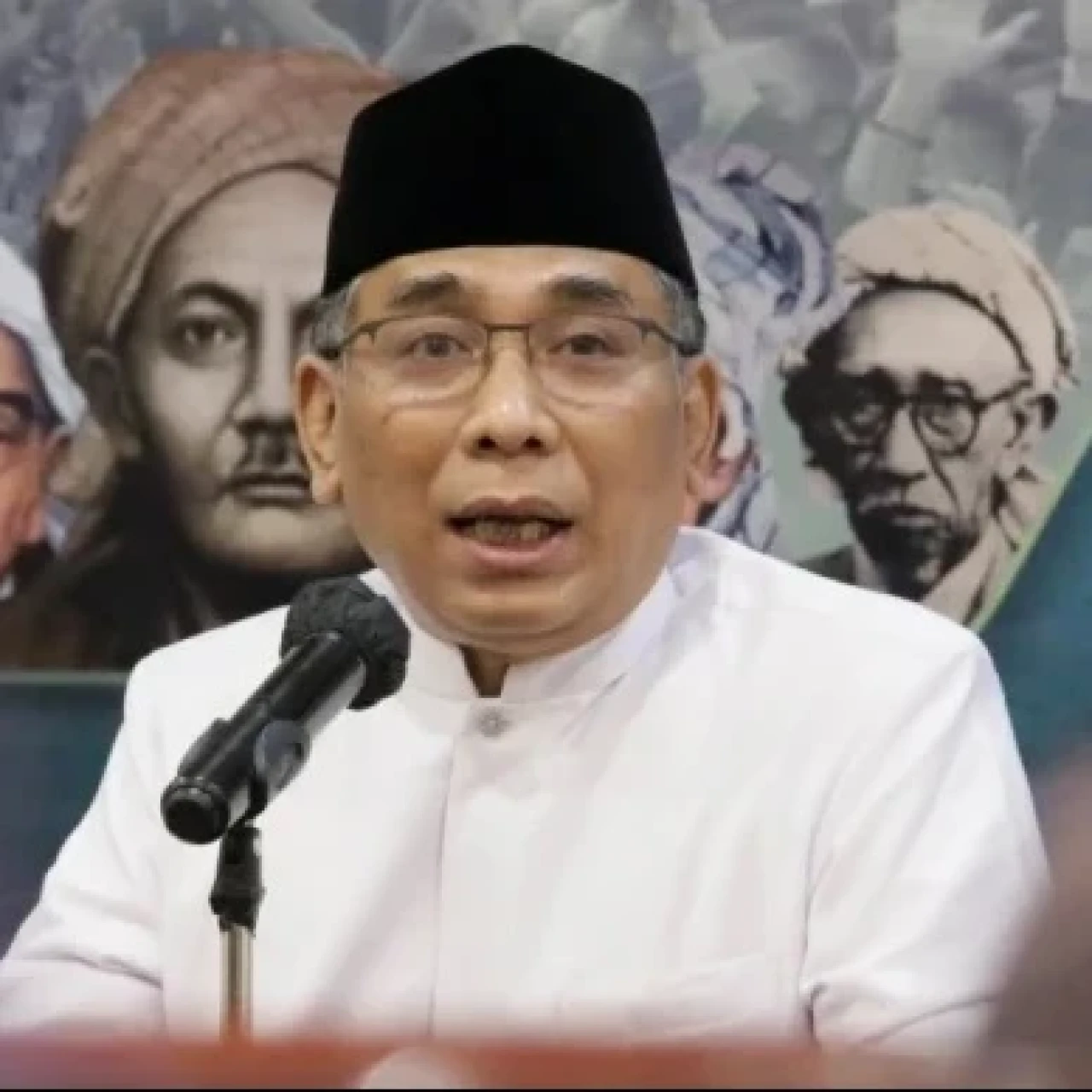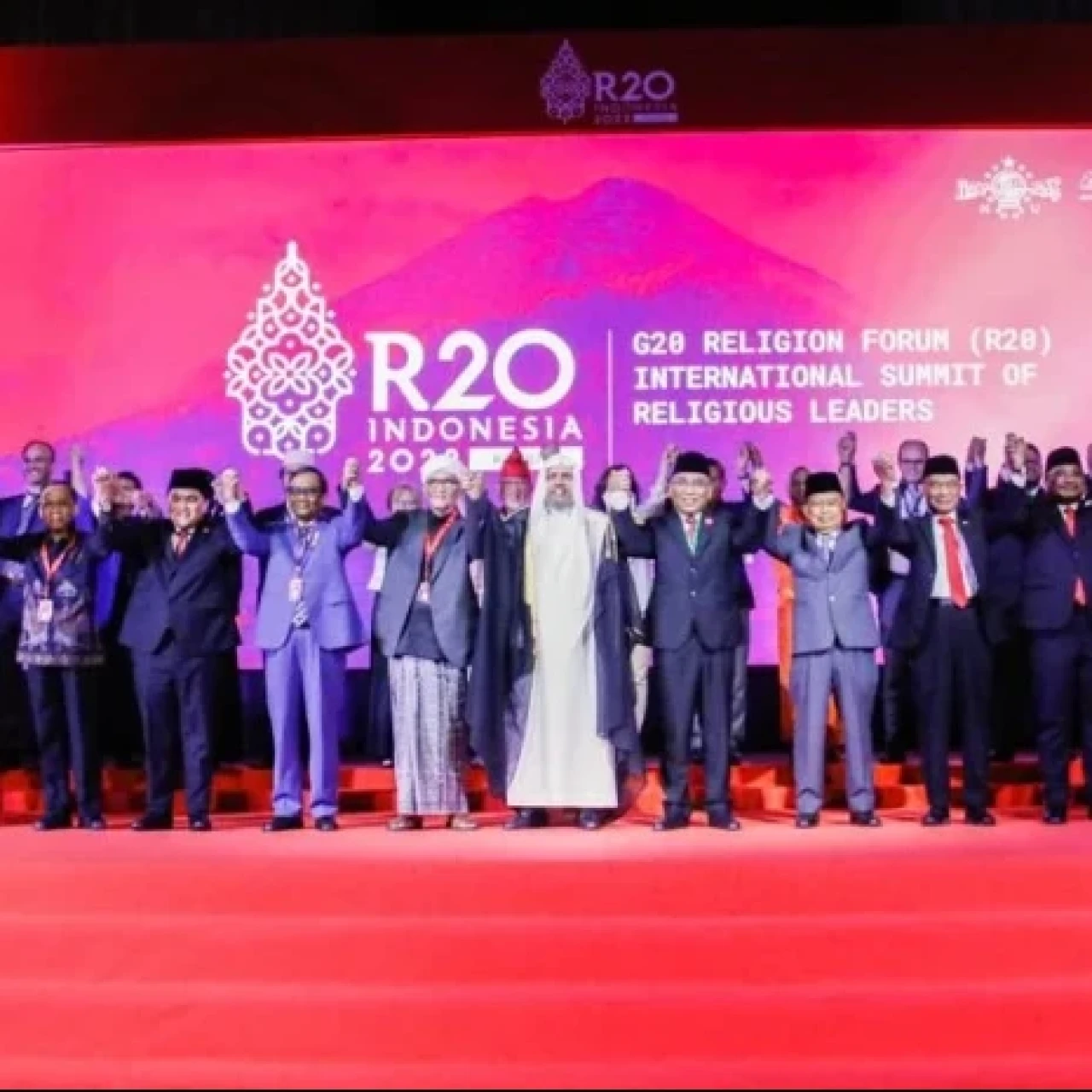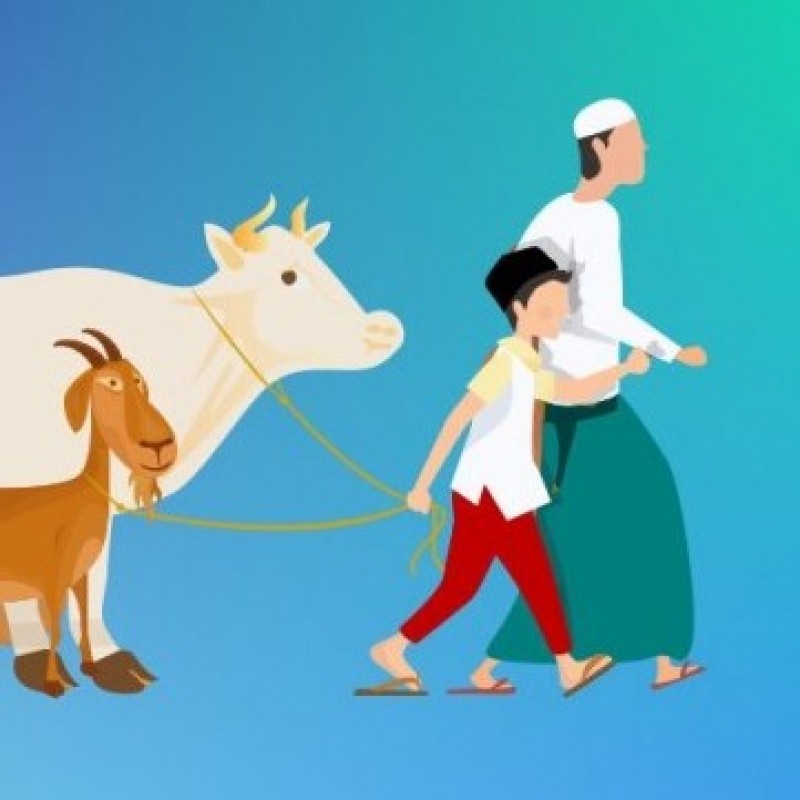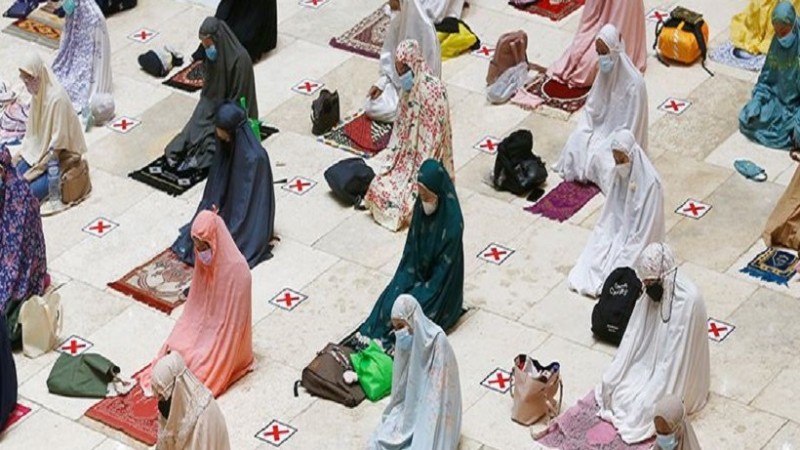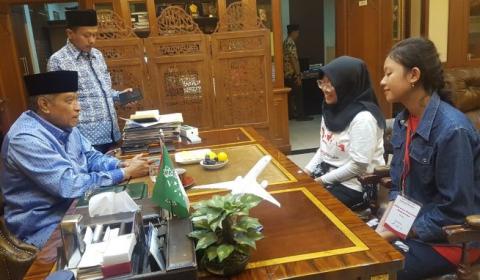This is a note of encouragement. I live in a place which happens to be only a stone's throw from a state-run elementary school in Central Jakarta. It has been more than a week now since the school children began singing rehearsals of the national anthem, "Indonesia Raya", as well as the many patriotic songs normally chanted on Independence Day.
While they rehearse, from my room's small window I often see them standing in a parade, forming a chorus line of tender souls chanting a rhythm called hope. It gives me an extended smile. They remind me that perhaps the hero is always the child within, that the hero is nothing more than the child grown larger.<>
To say that patriotic songs are a mantra that will heal the wounds of this country is of course laughable. At best, they remind us that it's the eve of Independence Day. It is a shared moment to be savored, not through the vantage point of calculating reason, but through poetic eyes that make us new.
I remember how last year's Independence Day eve turned sour. The reason was hardly noticed. Instead of being understood as a poetic moment to revive a sensus republicus (sense of the republic), the President turned his State of the Nation address into a technical speech on national budgeting.
This is certainly not to say that national budgeting is unimportant. Rather the point is that such technicalities are not demanded by the moment and could be well delivered some other time.
I may be grossly mistaken, but the yearning of the ordinary people on the eve of Independence Day is to have a sense of being united in a nation. It is heartening to see the bursting of read-and-white decorative colors in almost every corner of the country.
Decorative rituals may simply be a cheer of deception, but there is no point in arguing over the trivia of it at the moment. Even if the decorative ritual is wrought with ambiguities, it is also an earnest invitation to the President to harness it into a poetic moment for our sensus republicus.
Indeed, what inspires us at this moment is less a catalog of practical achievements, be they political, economic, legal or technological, for we all know that the patterns of ceaseless tumult in our day-to-day political and economic lives could always be marshaled to refute such claims of achievement.
Rather, what is needed most at this moment is perhaps a sense of living together in a nation called Indonesia. And at the heart of that is the issue of social cohesion. The issue of social cohesion has for some time been kept aside, if only because our leaders have constantly been occupied with political survival, whereas we, the ordinary people, have been left with the agonizing business of day-to-day survival.
What is meant by social cohesion has nothing to do with an image of Indonesia being like a family or a school reunion, all cheerful smiles. Rather, it's a sense of living together in a nation -- and the sense that it's not all for nothing.
As with all poetic moments, the hardest part is not to rush to the solution but to conceive the problem. But what is the problem? Of course, different perspectives will yield different views. In my view, it refers to the shattering of the fiber of our shared life by two forms of fundamentalism: religious fundamentalism and market fundamentalism.
Religious fundamentalism has become an alarming tendency in Indonesia. And its symptoms are familiar, from religious intolerance to the bombing of places of worship. As expected, religious fundamentalism is closely related with the other forms of sectarian fundamentalism, be they racial or xenophobic tribalism.
It is called fundamentalism in the sense that it forms a movement or a series of movements to make something new by trying to go back to the beginning. And it is religious because "the beginning" is taken to mean a specific religious doctrine.
Fundamentalism perceives the present state of religio-cultural pluralism as an aberration, the maladies of which can only be remedied by a return to a purer religious doctrine. And so an virulent and endless series has started: religious fundamentalism begetting religious fundamentalism. In many respects, religious fundamentalism is a form of angst and dread at the complexity of living in a plural society.
As for market fundamentalism, it is called fundamentalism in the sense that it forms a movement or a series of movements to turn the coordination of the whole society into the working logic of the market economy.
The market economy is genius, but to turn all aspects of life into market niches is not civilized. The reason is palpable. To do so would be to turn all access to life's necessities into a game of purchasing power. It's another way of saying the poor must go to the wall. And if 49 percent of Indonesians live on less than US$2 a day, half of the Indonesian population is doomed.
What seems to be alarming is that these two forms of fundamentalism reinforce each other. The proponents of each try to convince us that one is the solution to the other. Market fundamentalists give us an impression, if in some hazy language, that religious fundamentalism will wither away if we speak a universal language of purchasing power.
In the same vein, religious fundamentalists routinely contend that the ills of market fundamentalism could only be cured by controlling it under a certain religious doctrine. Thus the two are earnestly engaged in a great battle, and each considers it a battle between good and evil.
It is toward this blind alley that Indonesia is now heading. Torn between these two forms of fundamentalism, our social cohesion as a nation is gradually in tatters. This note may sound alarmist, but soon we may no longer be able to distinguish whether Indonesia is a mob, a crowd or a community.
That is why, on the eve of the Independence Day anniversary, a soul-searching reflection on this problem should be in high demand. It is a reflection on our sensus republicus, and it is a noble wish to expect the President to lead us to steer a masterly course between these two tendencies.
Meanwhile, let the school children sing "Indonesia Raya". And let us call it hope.
The writer is a lecturer in the Postgraduate Program of the Driyarkara School of Philosophy, Jakarta. Adopted from The Jakarta Post.
Terpopuler
1
Gus Yahya Sampaikan Selamat kepada Juara Kaligrafi Internasional Asal Indonesia
2
Menbud Fadli Zon Klaim Penulisan Ulang Sejarah Nasional Sedang Uji Publik
3
Guru Didenda Rp25 Juta, Ketum PBNU Soroti Minimnya Apresiasi dari Wali Murid
4
Khutbah Jumat: Menjaga Keluarga dari Konten Negatif di Era Media Sosial
5
PCNU Kota Bandung Luncurkan Business Center, Bangun Kemandirian Ekonomi Umat
6
Rezeki dari Cara yang Haram, Masihkah Disebut Pemberian Allah?
Terkini
Lihat Semua



